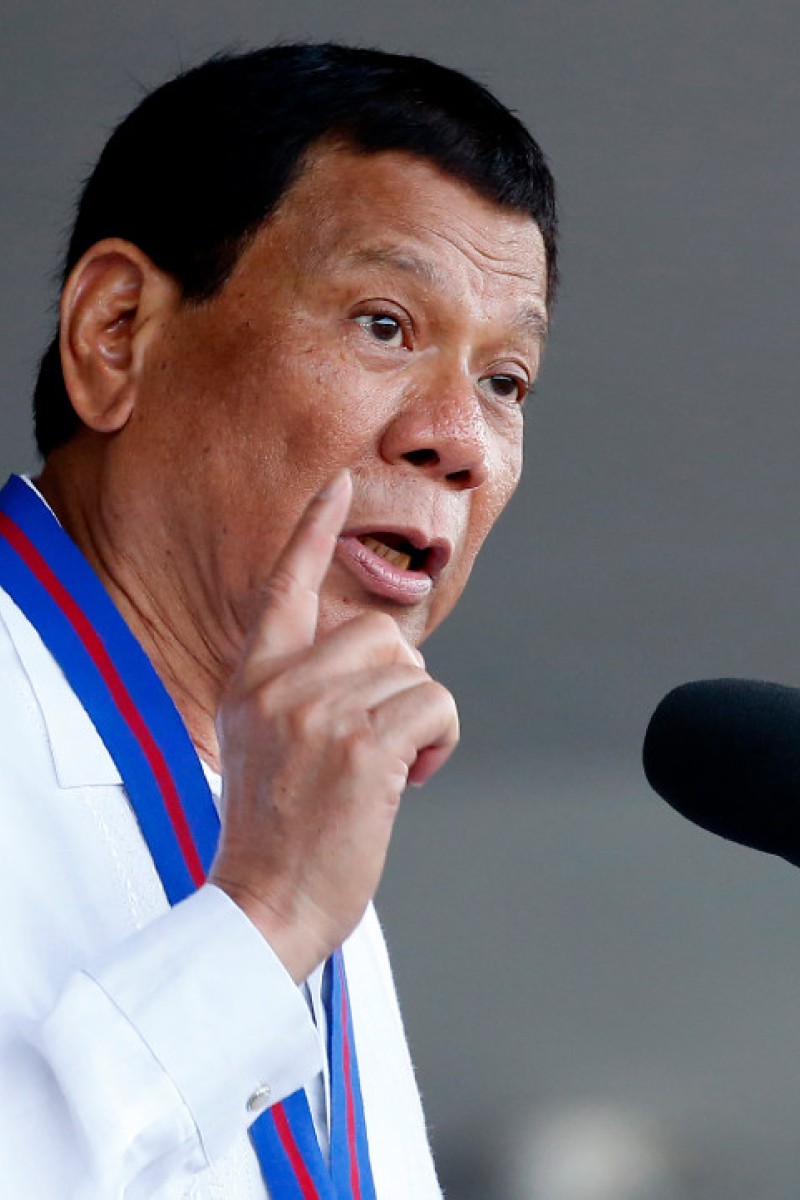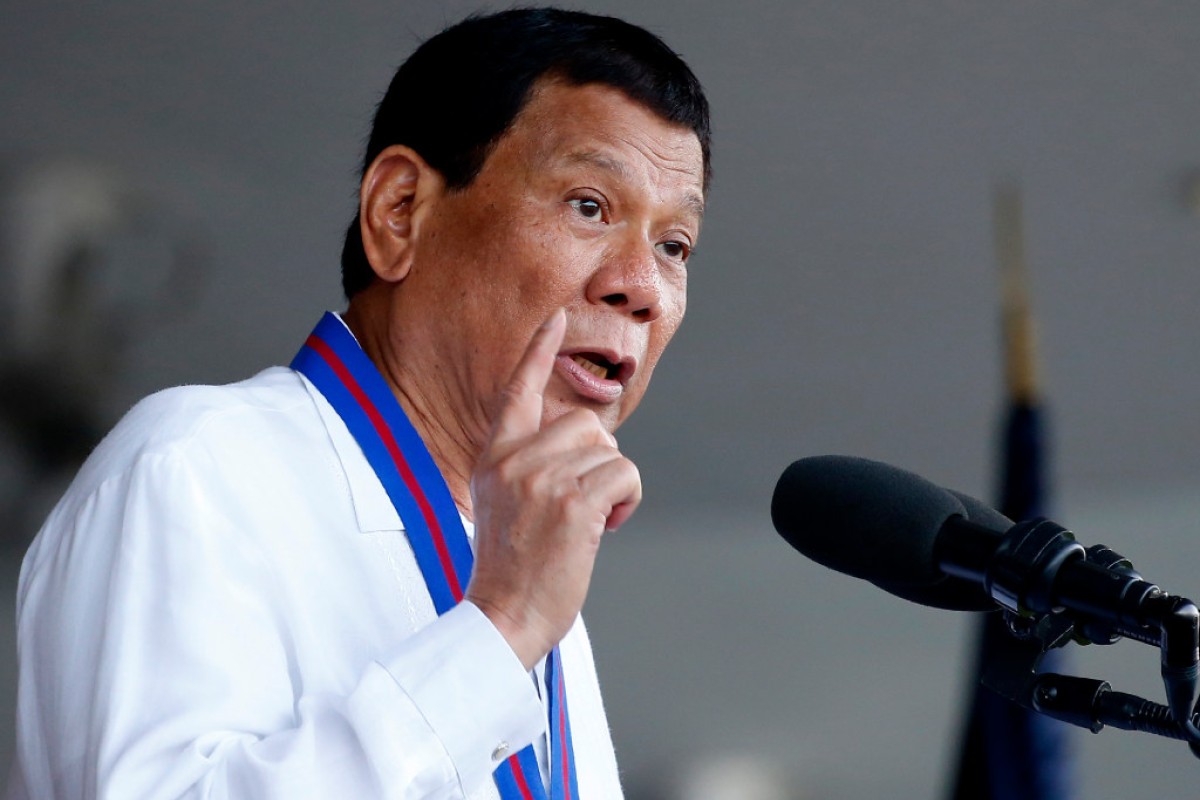
Philippines’ President Duterte’s war on drugs has claimed 20,000 lives and needs to end
 President Rodrigo Duterte speaking at an event in April, where he expressed that he will not stop his so-called war on drugs until his last day in office.
President Rodrigo Duterte speaking at an event in April, where he expressed that he will not stop his so-called war on drugs until his last day in office.I would like to share my views on Rodrigo Duterte’s war on drugs, as I have done a lot of research on it. After reading about the Philippine president’s campaign, I have decided I am against it.
In 16 months, from June 2016 to October 2017, there were 12,000 casualties as a result of his campaign. Philippine Senator Antonio Trillanes said in February that number was now 20,000. Crime rates have gone down, but at a cost – innocent people have died as a result. Kian Lloyd Delos Santos, for example, was a 17-year-old who was shot by police in Caloocan City, north of the capital, Manila.
Another terrible thing is the pressure and backlash from human rights organisations and Filipino citizens. The International Criminal Court, and groups like Human Rights Watch and Amnesty International, have all criticised Duterte’s brutal campaign. Last year, a poll showed that 86 per cent of Filipino citizens supported Duterte. Now, the people are turning against him.
Instead of just killing people, I believe there should be fair trials. Drug users should be given the option of rehabilitation. They shouldn’t have to fear the government. The extrajudicial killings from the war on drugs needs to end.
Carolyn Cheng, Hong Kong International School
‘Trump of the East’ Duterte needs another role model for good governance
From the editor
Thank you for your email, Carolyn, and your well-researched thoughts. Let us be clear that extrajudicial killings are those in which the victims have not faced a court of law and been proven guilty. In other words, the killings have been carried out by an official, or officials, of the state, but outside the normal legal process which may include the death penalty.
You mentioned that the crime rate has gone down, and focused on examples of innocents who had been caught in the crossfire. According to news website Rappler last year, all crime in the Philippines had decreased almost 10 per cent. However, killings were up by almost 23 per cent. It is not only people caught in the drug war who are in danger in the Philippines but journalists, too, including those of Rappler.
The company’s CEO, Maria Ressa, has just been given the Wan-Ifra (World Association of Newspapers) Golden Pen of Freedom Award. Ressa and her staff have been targeted by Duterte’s government. The company is facing tax inspections, administrative investigations and had its licence withdrawn.
Last year, 81 reporters were killed in the country. Sadly where dictatorship raises its head, press freedom is under threat or disappears completely. If it were not for people like Ressa, we would think everything in the country is wonderful. It’s not.
Susan Ramsay, Editor